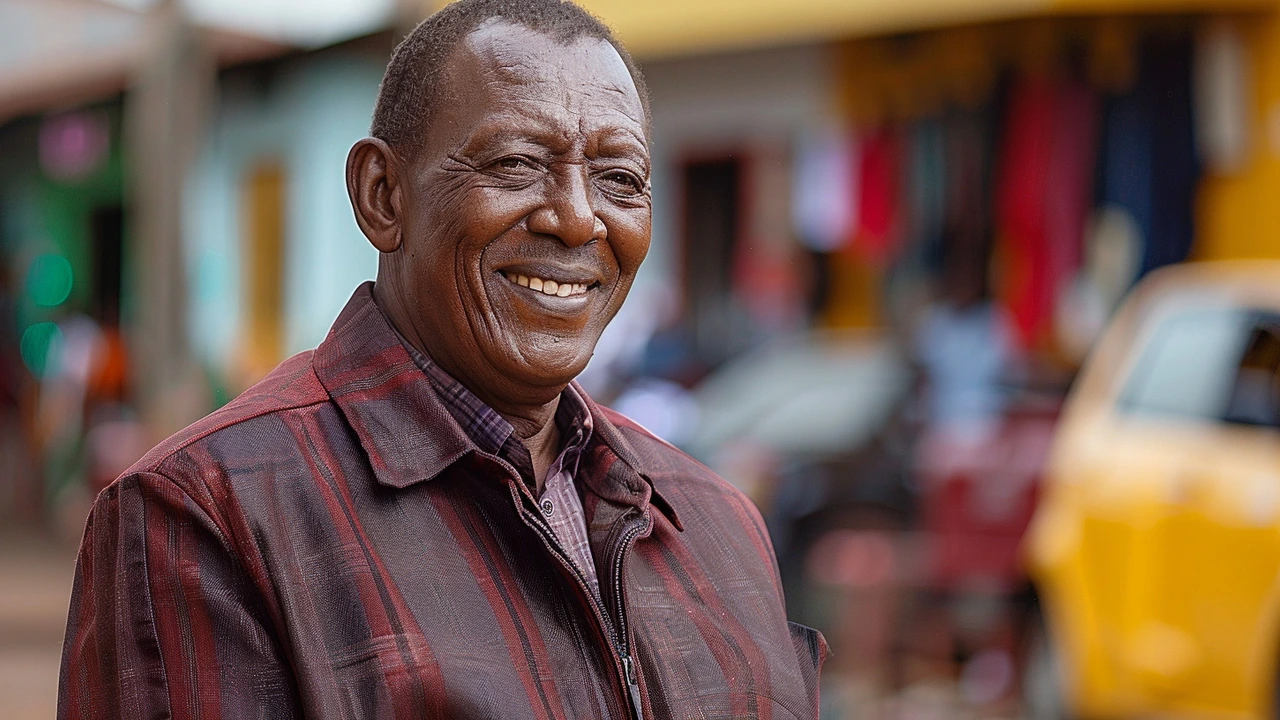Understanding Floods in Africa: What Triggers Them and Their Effects
Floods are one of the most common natural disasters hitting Africa, and they often come with heavy consequences. But what exactly causes these floods? Mostly, it’s extreme rainfall, climate change effects, and sometimes poor drainage in cities. Rivers like the Nile and Congo can overflow, and coastal areas face flooding during storms and rising sea levels.
When floods happen, they can wipe out homes, destroy crops, and disrupt daily life. Sadly, many communities end up displaced or struggle with waterborne diseases after floodwaters recede. It’s not just about property damage; floods often hit the poorest hardest, making recovery really tough.
How Do Floods Impact African Communities?
Aside from the obvious destruction, floods make roads impassable and cut off vital services like schools and hospitals. This creates a ripple effect hitting education and healthcare. Businesses stall, and food shortages can develop if crops are lost during the growing season. These impacts slow down development and can deepen poverty in affected regions.
Environmental damage is also a concern. Floodwaters can move toxic waste or sewage into freshwater systems, harming both humans and wildlife. Plus, rebuild efforts after floods use scarce resources that could otherwise be spent improving living conditions or infrastructure.
Simple Ways to Prepare and Stay Safe from Floods
What can you do if you're in a flood-prone area? First, stay informed—listen to local news and weather alerts. Plan an evacuation route and gather essential supplies like drinking water and first aid. Avoid walking or driving through floodwaters because they can be deeper and faster-moving than they look.
Communities can also help by improving drainage systems and planting trees that soak up excess water. Governments and organizations are working on early warning systems and educating people about how to reduce risks and protect their homes.
Floods in Africa aren’t going away soon, but with the right knowledge and preparation, their damage can be reduced. Following local advice, staying ready, and supporting community efforts all make a difference when the waters rise.

